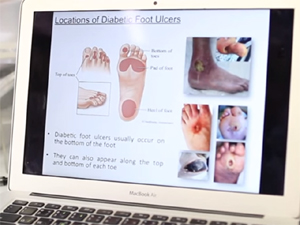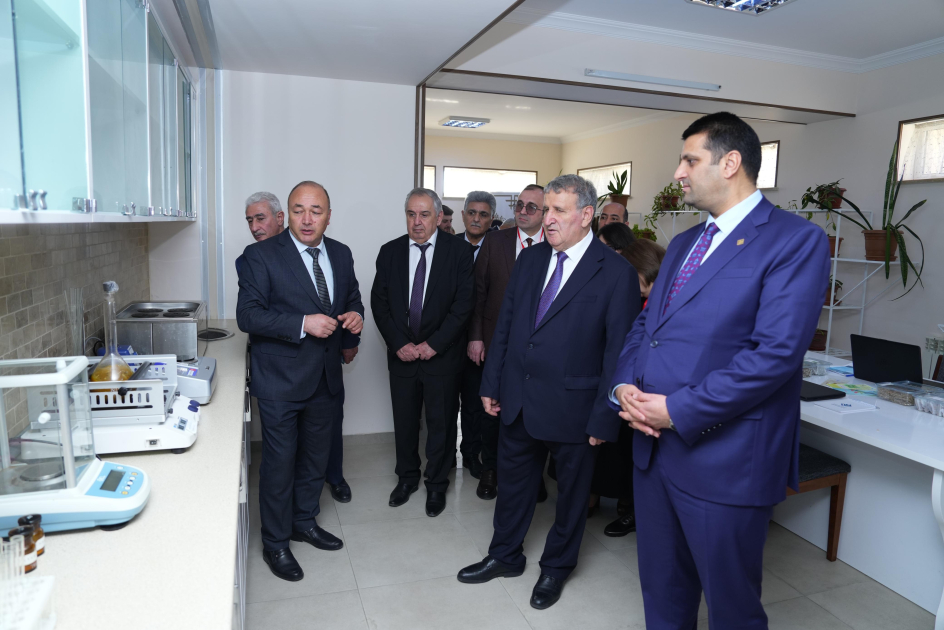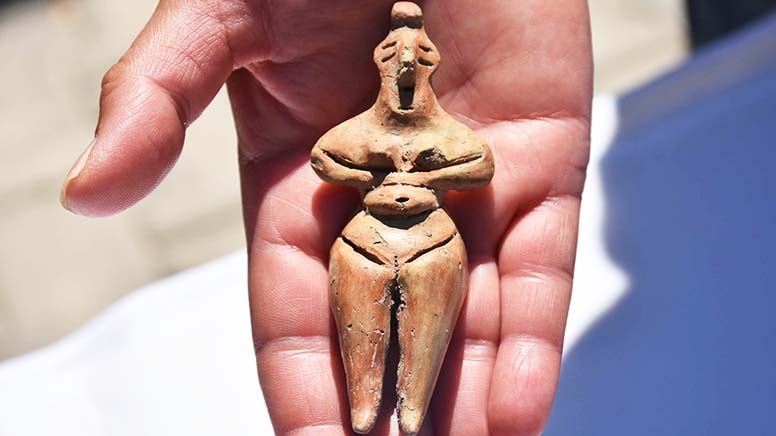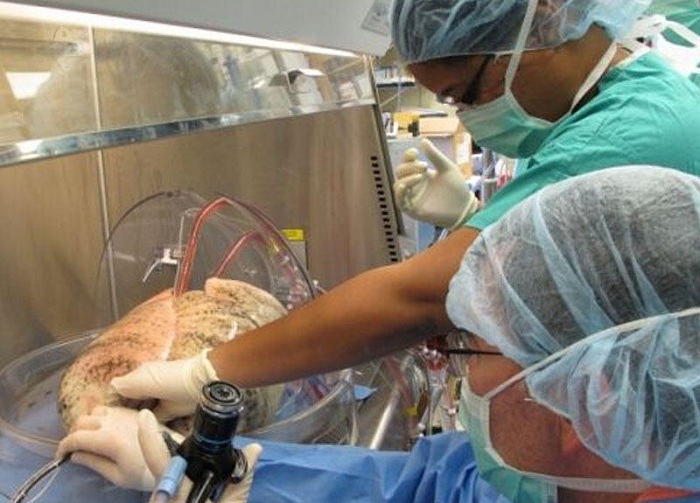
- A-
- A
- A+
Smart sock helps diabetics prevent amputation
A smartphone connected washable smart sock developed by Israeli engineers can help diabetes sufferers avoid foot amputation.
The sock, fitted with dozens of pressure sensors, detects first signs of developing foot ulcers such as deformations, problems with poor blood supply and excessive pressure and sends data straight to the patient’s phone. A consequence of diabetic neuropathy, a type of nerve damage induced by diabetes, the development of foot ulcers is usually only detected in more advanced stages.
“This is a significant medical problem that affects the lives of millions. We thought there must be a way to avoid these wounds altogether,” said Danny Bavli, from Hebrew University in Jerusalem, who led the project.
The machine-washable sock, called SenseGo, registers changes in pressure caused by incorrect posture, anatomical deformation or ill-fitting shoes. The data is sent to a mobile app that assesses the risk and informs the patient about a potential problem.
The team behind the sock believes the device has the potential to slash the cost of medical care. Currently, problems are usually detected only when the ulcer has already developed and requires ongoing medical care.
“This is a classic mobile health approach,” said Professor Yaakov Nahmias, director of the BioDesign programme at Hebrew University.
“By giving patients and their families the tools they need to prevent the development of ulcers, we can dramatically reduce healthcare costs related to diabetes.”
Foot ulcers affecting some 130 million people worldwide and are the leading cause of leg amputation.
Similar News
Links



 Elm TV
Elm TV
 Photo
Photo
 Video
Video





